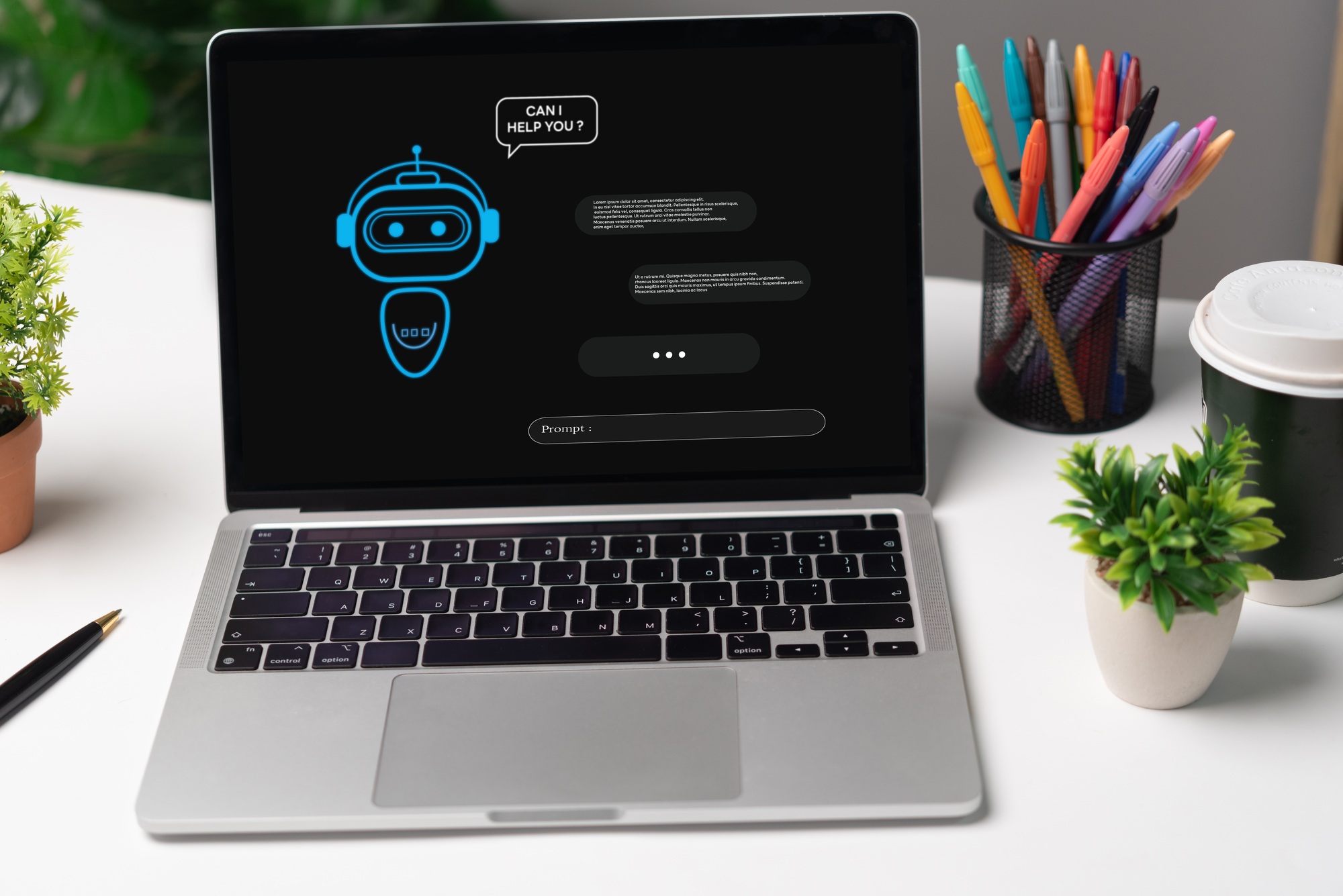The UK government has unveiled a controversial new plan to allow artificial intelligence (AI) firms to scrape copyrighted material without explicit permission. While this move is touted as a way to boost innovation and position the UK as a leader in AI, it has sparked fierce backlash from the arts and media industries. Creators argue that their rights and livelihoods are at stake, raising critical questions about the balance between technology and intellectual property.

What’s in the New Proposal?
The government’s plan aims to streamline AI development by granting companies free access to copyrighted content, such as books, music, images, and articles, for training AI models. This would bypass the current system requiring explicit licensing agreements, making it easier for AI firms to use high-quality data.
Proponents of the policy argue that this will:
- Enhance AI Innovation: Giving developers access to rich datasets will improve AI capabilities.
- Stimulate Economic Growth: A stronger AI sector could attract global investment and create new jobs.
- Benefit Society: Improved AI tools could lead to advancements in healthcare, education, and infrastructure.
However, critics warn that the policy overlooks the importance of intellectual property rights and fair compensation for creators.
Why Creators Are Fighting Back
Artists, writers, and media organizations are pushing back against the proposal, citing several key concerns:
- Loss of Revenue: Many creators depend on licensing fees to sustain their work. The plan threatens to devalue their contributions by allowing unauthorized use.
- Legal and Ethical Risks: The policy may breach international copyright laws, setting a troubling global precedent.
- Cultural Erosion: Unregulated AI training could homogenize creative outputs, diluting cultural diversity and originality.
The media industry is also worried that unrestricted AI use of copyrighted content could lead to plagiarism and a decline in public trust.
How Does This Compare Globally?
Countries like France and Germany have taken stricter approaches, requiring explicit consent and fair compensation for the use of copyrighted materials in AI training. These measures aim to balance technological innovation with protecting creators’ rights.
If the UK proceeds with its plan, it risks isolating itself from global standards, potentially harming its creative economy in the long run.

FAQs
1. What is the new AI content scraping policy about?
The UK government’s plan allows AI developers to use copyrighted materials without permission or compensation, aiming to accelerate AI innovation.
2. Why are creators opposed to it?
Creators argue the policy undermines their intellectual property rights, threatens their income, and devalues their contributions.
3. What are the alternatives to this policy?
Alternatives include fair licensing models, transparency in AI dataset use, and tools that let creators manage how their work is used in AI training.
The new plan has ignited a heated debate over balancing technological progress with the rights of creators. As the policy faces growing opposition, its outcome could shape the future of AI development and intellectual property laws globally.
Sources The Guardian


